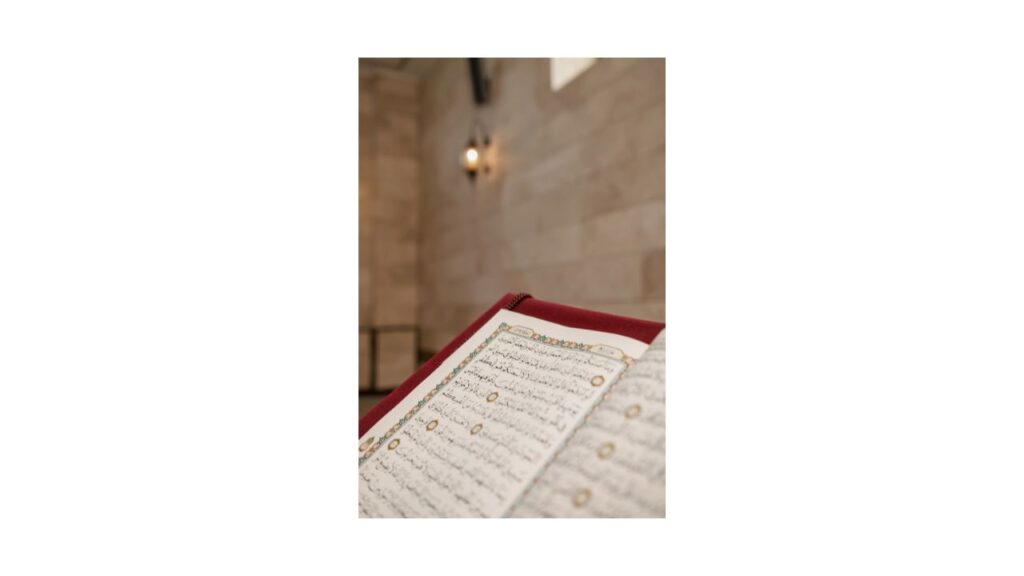Quotes on Trust and Honesty
Embracing the Essence of Trust and Honesty: Words that Resonate


Introduction:
Trust and honesty are fundamental pillars of any society, serving as the bedrock for strong relationships, cooperation, and a harmonious coexistence. In Islam, these virtues hold paramount importance, with numerous teachings and sayings emphasizing the significance of maintaining trust and honesty in all aspects of life. This article explores some of the most profound quotes on trust and honesty in Islam, shedding light on their profound implications for Muslims and beyond.
Quotes on Trust and Honesty
Trust (Amanah) – A Covenant with God:
In Islam, trust, known as “Amanah,” is considered a sacred covenant between individuals and God. The Prophet Muhammad (peace be upon him) emphasized the importance of fulfilling this trust regardless of the circumstances. One of the most famous quotes that underscore the gravity of trust is:
“Verily! Allah commands that you should render back the trusts to those, to whom they are due; and that when you judge between men, you judge with justice.” (Quran 4:58)
This verse emphasizes the obligation to uphold trust and integrity in all matters, including financial transactions, confidential information, and promises made to others.
Honesty as the Best Policy:
Islam advocates honesty as a virtue that should permeate every aspect of a Muslim’s life. Honesty extends beyond refraining from lying; it encompasses sincerity and truthfulness in actions, intentions, and speech. Prophet Muhammad (peace be upon him) was renowned for his unwavering honesty and was even known as “Al-Amin” (the trustworthy). One of his famous sayings that exemplify this is:
“Truthfulness leads to righteousness, and righteousness leads to Paradise. And a man keeps on telling the truth until he becomes a truthful person. Falsehood leads to wickedness and evil-doing, and wickedness leads to the (Hell) Fire, and a man may keep on telling lies till he is written before Allah, a liar.” (Sahih al-Bukhari)
This profound Hadith encourages Muslims to prioritize truthfulness and integrity, as it leads to spiritual growth and ultimate success in the Hereafter.
Fulfilling Promises and Contracts:
In Islam, fulfilling promises and contracts is of utmost importance. Breaking promises or betraying contracts is viewed as a grave sin and a betrayal of trust. The Quran advises:
“O you who have believed, fulfill [all] contracts.” (Quran 5:1)
This verse emphasizes the significance of honoring agreements, whether they are formal contracts, verbal commitments, or even implicit promises.
Trust in Leadership:
In Islamic teachings, leaders are held to a higher standard when it comes to trust and honesty. They are entrusted with the welfare of their people and are accountable for their actions. Prophet Muhammad (peace be upon him) once said:
“All of you are shepherds and each of you is responsible for his flock. A leader is a shepherd over the people and shall be asked about his subjects.” (Sahih Muslim)
This Hadith serves as a reminder for leaders to act with honesty, justice, and transparency, recognizing that they are accountable to God for their stewardship.
Honesty in Business Transactions:
Islam places great emphasis on honesty in business dealings, prohibiting fraud, deceit, and unfair practices. The Prophet Muhammad (peace be upon him) stated:
“The buyer and the seller have the option of canceling or confirming the bargain unless they separate, and if they spoke the truth and made clear the defects of the goods, then they would be blessed in their bargain, and if they told lies and hid some facts, their bargain would be deprived of Allah’s blessings.” (Sahih al-Bukhari)
This Hadith highlights the importance of transparency and openness in trade, promoting an ethical and just marketplace.
Conclusion:
Trust and honesty are fundamental virtues in Islam, serving as guiding principles that shape a Muslim’s conduct in all spheres of life. These quotes from the Quran and the sayings of Prophet Muhammad (peace be upon him) emphasize the significance of upholding trust and honesty as a means of attaining spiritual growth and societal harmony. By internalizing these teachings, Muslims can strive to create a more just, compassionate, and trustworthy world, fostering strong relationships and building a society based on integrity and mutual respect.
What role does trust play in Islam?
Trust is highly valued in Islam as it is considered essential for fostering strong relationships and creating a harmonious society. Trustworthiness (Amanah) is one of the core traits emphasized by Prophet Muhammad (peace be upon hi
How does Islam view honesty?
Honesty (Siddiq) is a fundamental virtue in Islam. It is exemplified by Prophet Muhammad (peace be upon him), known as Al-Amin (the Trustworthy) even before his prophethood. Muslims are encouraged to be honest in their dealings, interactions, and communication with others.
Are there any specific Quranic verses about trust and honesty?
Yes, the Quran emphasizes the importance of trust and honesty. For example, in Surah Al-Ma’idah (5:8), Allah says, “O you who have believed, be persistently standing firm in justice, witnesses for Allah, even if it be against yourselves or parents and relatives.” This verse underscores the need for honesty even when it may be uncomfortable.





